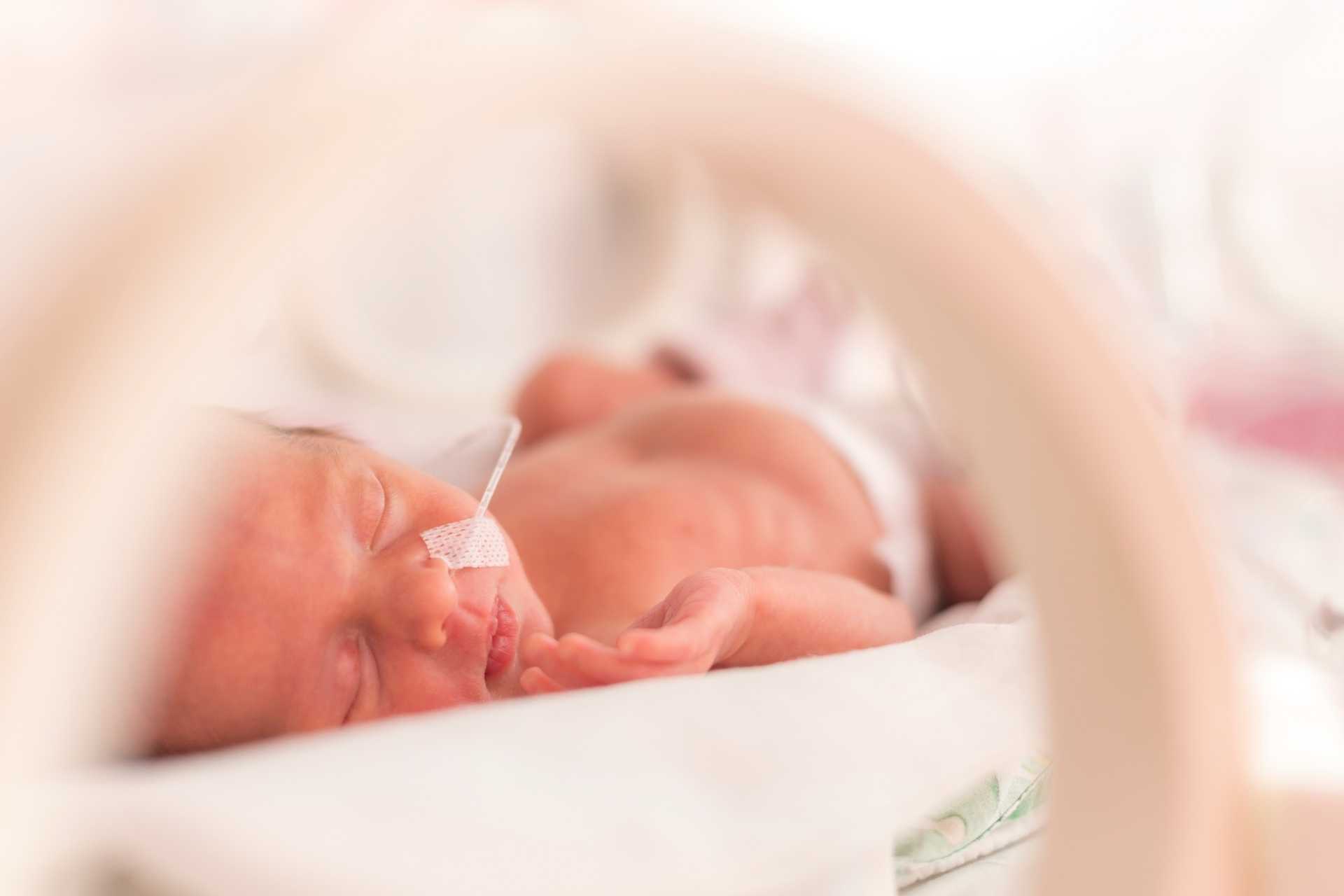What is already known on this topic
Compared to infants born at term, premature babies show a microbiota with reduced numbers of Bifidobacteria — bacterial species that are essential to a healthy development of the community of gut-dwelling microbes. Probiotics are increasingly used in neonatal intensive care units to prevent serious gastrointestinal inflammation and sepsis in premature babies, but little is known about the effects of probiotics on the assembly of the infant microbiota.
What this research adds
Researchers conducted a clinical trial to test the effects of a probiotic product containing Bifidobacterium and Lacticaseibacillus bacteria on the composition and assembly of the microbiota of premature infants. Daily administration of the probiotic mixture accelerated the maturation of the infants’ microbiota. The team found that Bifidobacterium strains and stool metabolites could predict microbiota maturation and determine the trajectory of microbiota assembly. Administration of the probiotic mixture also reduced intestinal inflammation in preterm babies.
Conclusions
The findings suggest that Bifidobacterium strains can accelerate microbiota maturation, with positive immunological effects in premature babies.
Premature babies are born without a fully developed gut microbiota, which is important for the body’s immune defense. Now, a small clinical trial indicates that a probiotic supplement may help to accelerate the microbiota development in babies born prematurely.
The results, published in Cell Host & Microbe, suggest that probiotics can improve the immune and digestive health of preterm babies. “The findings show that a daily probiotic supplement containing the right type of microbes prompted a rapid transition of the gut microbiome to what is normally observed in healthy, breastfed infants born at term,” says co-senior study author Marie-Claire Arrieta at the University of Calgary.
Compared to infants born at term, premature babies show a microbiota with reduced numbers of Bifidobacteria — bacterial species that are essential to a healthy development of the community of gut-dwelling microbes. Probiotics are increasingly used in neonatal intensive care units to prevent serious gastrointestinal inflammation and sepsis in premature babies, but little is known about the effects of probiotics on the assembly of the infant microbiota.
To test whether probiotic supplements could affect the development of the gut microbiota in premature babies, Arrieta and her colleagues studied 57 infants born at less than 29 weeks of gestation and weighing less than one kilogram at birth.
Microbiota maturation
The administration of the probiotic product, which contained four strains of Bifidobacterium species and one Lacticaseibacillus strain, started during the first week after birth and continued daily for about two months until term age. The treatment was followed by a 2-week washout at term age. The researchers collected stool samples at different time points during the treatment and the wash-out phase, with a final sample collected at 6 months corrected age.
Whereas preterm babies who didn’t receive the probiotic supplement showed a delayed maturational of their gut microbiota, nearly 40% of those who received the probiotic blend had a mature microbiota community as early as two weeks after birth.
The probiotic supplement accelerated microbiota maturation in premature babies to a level comparable to that of term infants. It also promoted a microbiota community with increased stability and connections between species, the researchers found.
Immune health
The mixture of probiotics also resulted in better feeding tolerance and reduced signs of allergic reaction in the babies’ digestive system, says co-senior study author Belal Alshaikh. “Some probiotic strains were found in the gut after six months of stopping probiotics and may have contributed to the low occurrence of food allergy after hospital discharge,” he adds.
What’s more, the researchers observed reduced levels of inflammatory immune molecules in the stool of premature infants compared to controls. This suggest that the probiotic supplement could dampen intestinal inflammation.
Although more work is needed to identify the best and safest probiotic mixture for premature babies, the findings suggest that such an approach has potential for clinical applications, the researchers say









